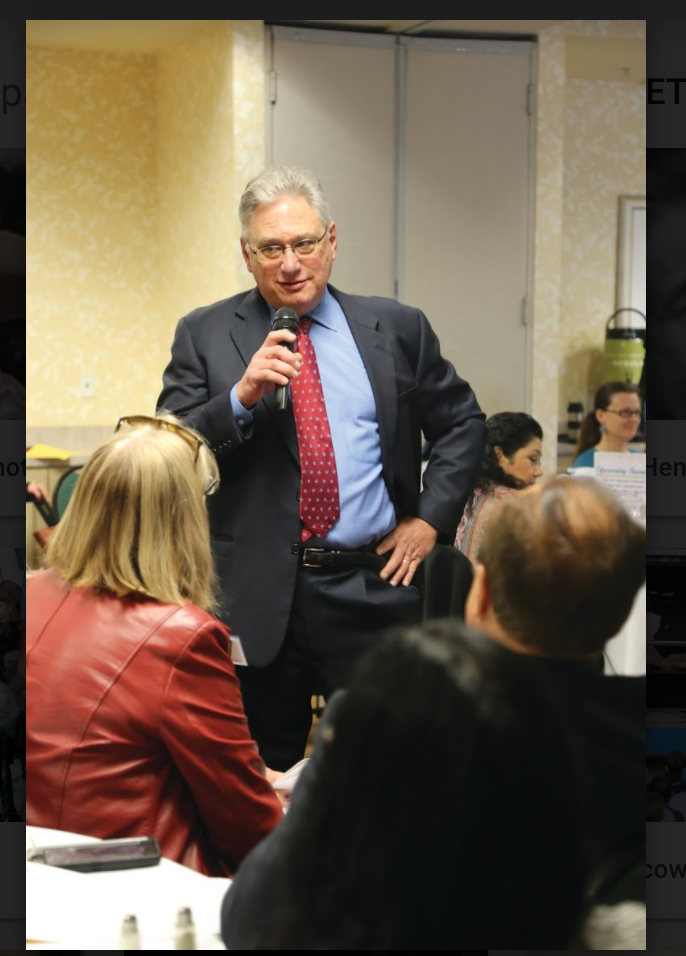
Marijuana may be legal in California, but to federal officials it’s as illegal as cocaine, warned Philip Griego, an attorney who briefed Gilroy business people on marijuana in the workplace Wednesday.
“We could not have imagined states and cities would pass ordinances to not just decriminalize but legalize the recreational and medical use of marijuana,” Griego told a packed house at the breakfast meeting hosted by the Gavilan Employer Advisory Council at the Hilton Garden Inn. “But there are some issues you need to be aware of as employers and employees. Marijuana is the equivalent of snorting cocaine as far as the federal government is concerned and has no medical benefit.”
According to the 1970 Federal Controlled Substances Act, marijuana is a Schedule 1 drug, the same as Heroin or LSD.
Therefore any organization that receives a federal contract of $100,000 or more and nonprofits that receive a federal grant in any amount needs to have a Drug-Free Workplace Program in place.
“All you nonprofits out there, if you are getting federal money you have to enforce this Act,” said Griego.
Referring to the Federal Drug-Free Workplace Act of 1988, the law mandates employers publish a drug policy at work that is made clear to employees and spells out any actions that will be taken if the policy is violated.
“It needs to be distributed with consequences clearly stated to employees,” said Griego. Plus, he said, there are a host of other reasons for establishing a drug-free workplace.
“It decreases accidental workplace injuries, especially if employees are operating a truck, tractor, backhoe, school bus – you need to have a drug free workplace policy of some sort,” he said.
Owner of Hollister Jet Center, Teresa Leonardo said the speaker confirmed for her the importance of having a written drug policy in place. “Before employing anyone have them sign it so they know we have a drug free policy.”
Her aviation company has random drug testing for mechanics. Griego said such a testing procedure had to be truly random.
“Random is okay, but it has to be truly random. Have some sort of lottery – don’t call someone out,” he said. However, if there is an accident at work, a new hire signed a drug testing consent form and as part of pre-employment screening, employers can require drug testing.
Employers in the crowd wanted to know how to effectively test for marijuana.
“There are some very functional marijuana users – it’s also unpredictable and depends on the individual – So how are you going to weed out an abuser in the workplace?” he asked the curious group.
Griego said to focus on conduct. “How is his work performance? Does he show up to work on time, does he come in an hour late and leave an hour early? Does he fall asleep at work? Go on facts not assumptions about marijuana – it’s either provable or not provable.”
If an employee does test positive for marijuana but says they consumed it days previously – it does not matter, said Griego. Employees are also not protected if they have a medical marijuana card.
“The California Supreme Court addressed that problem years ago,” said Griego, explaining that an employer does not have to accommodate employees who have a legal right to possess or use medical marijuana.
“There is nothing in California marijuana law that says it trumps federal law,” said Griego.














